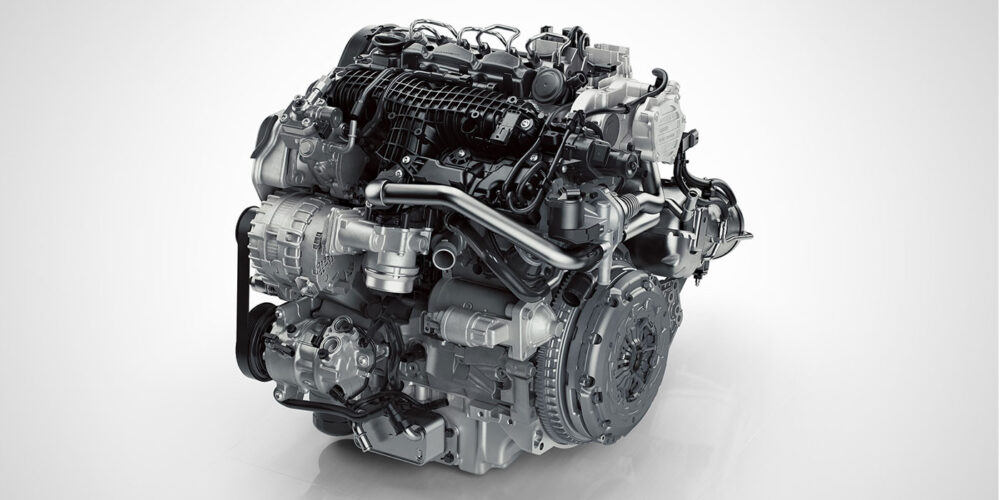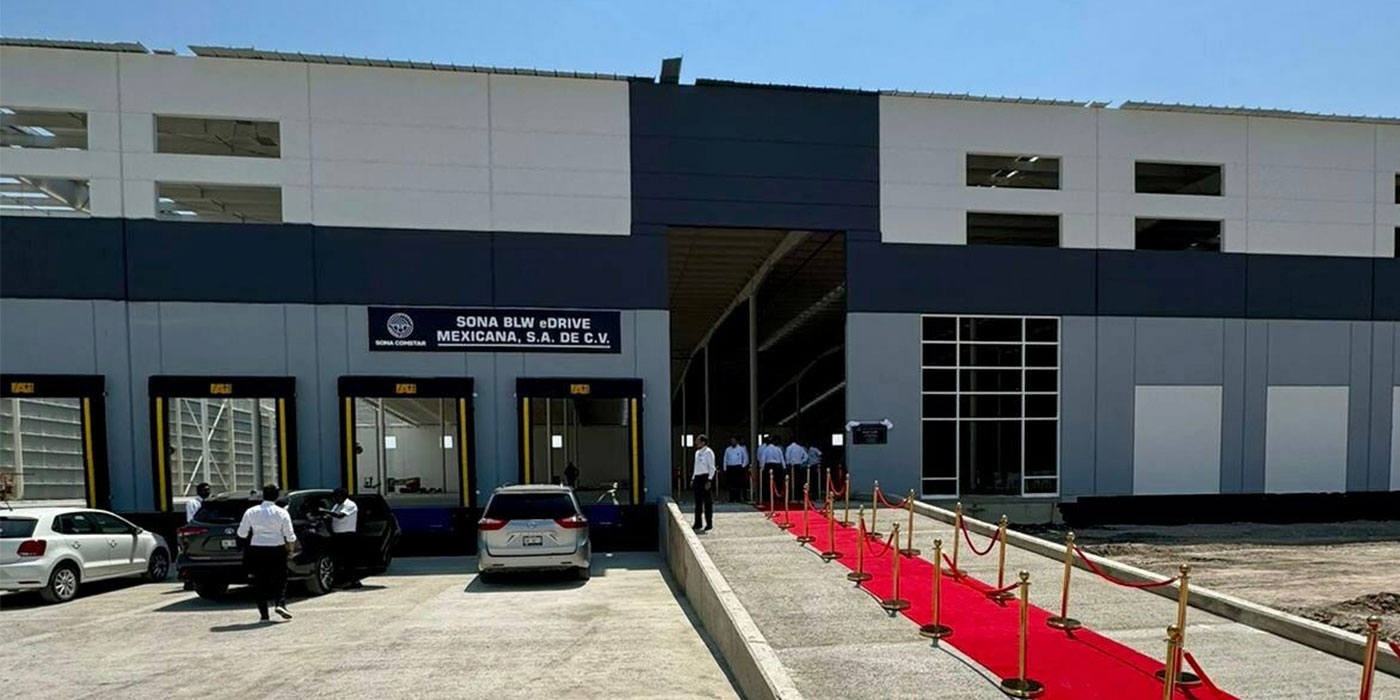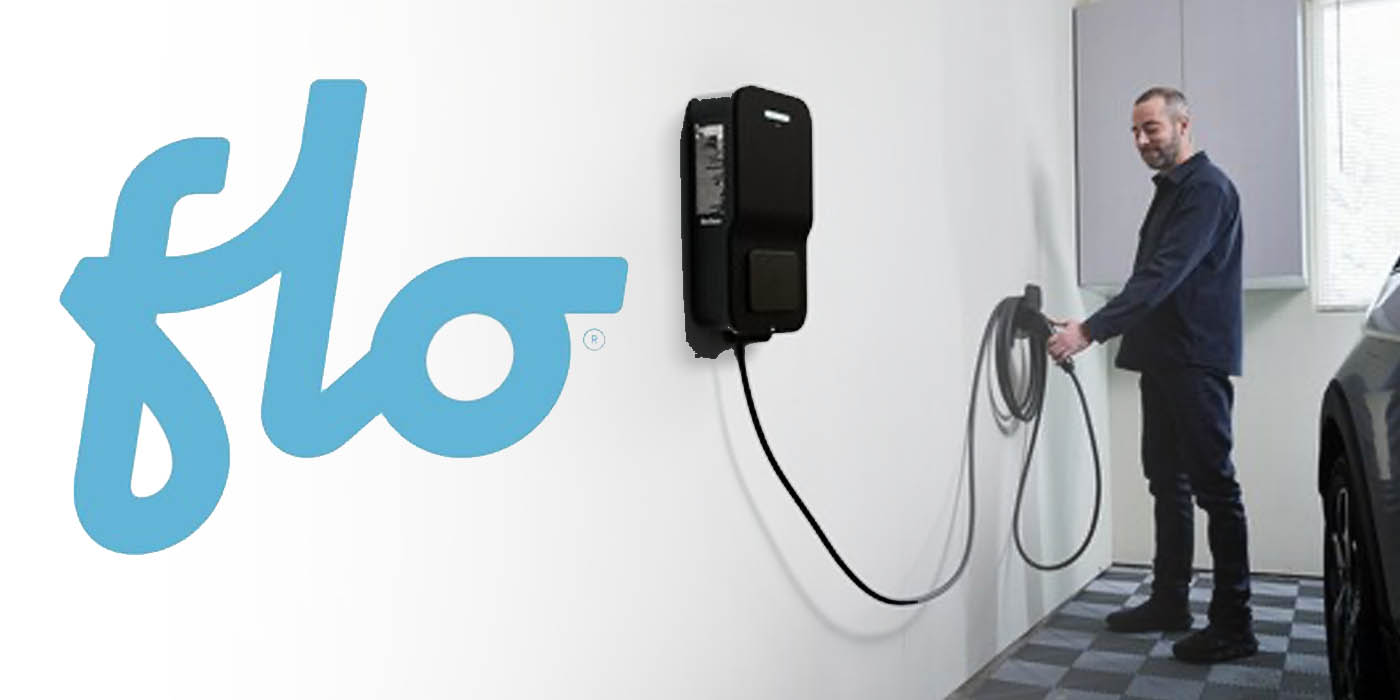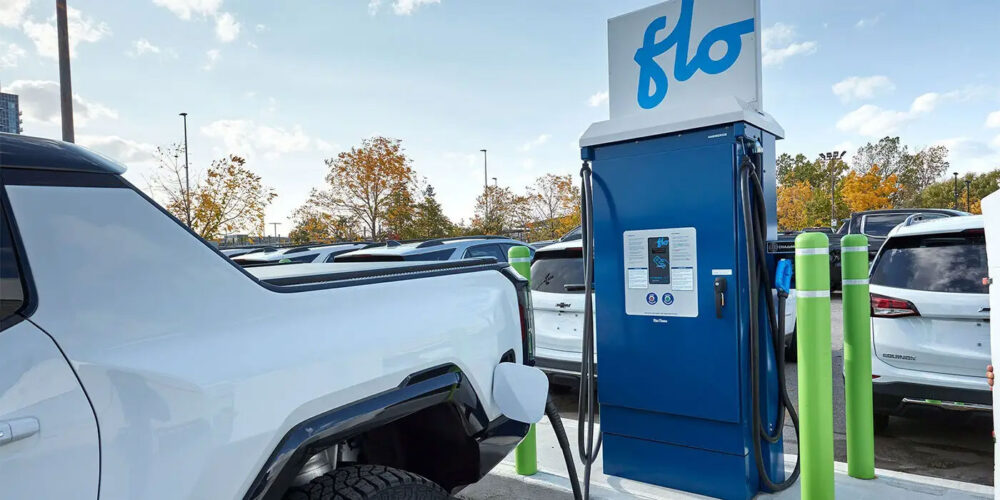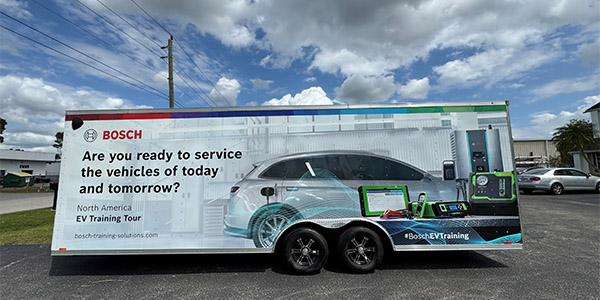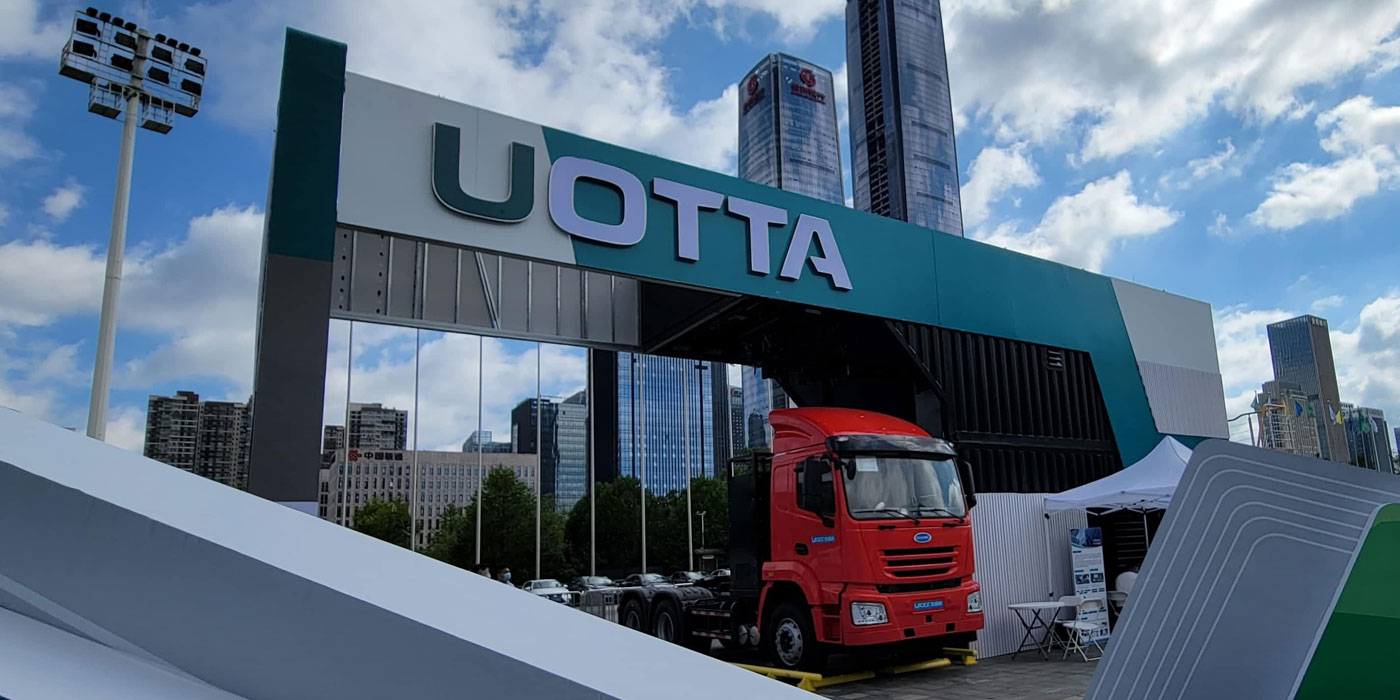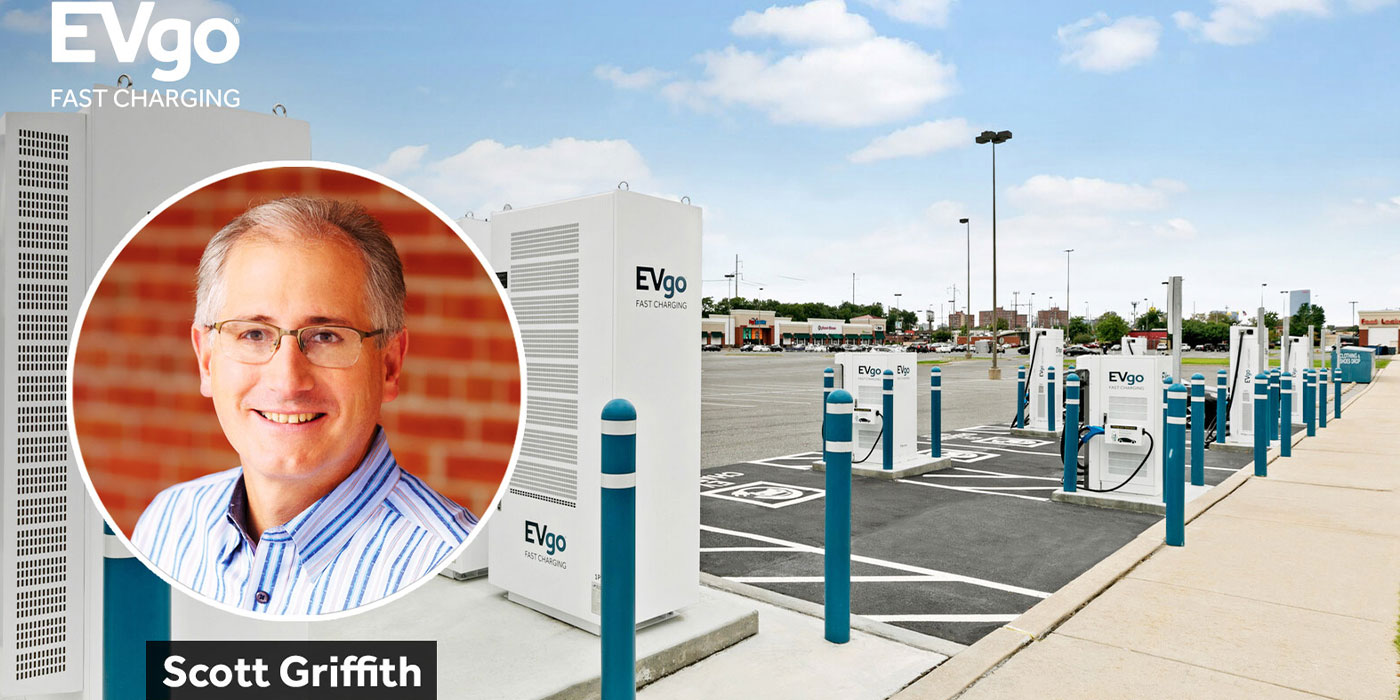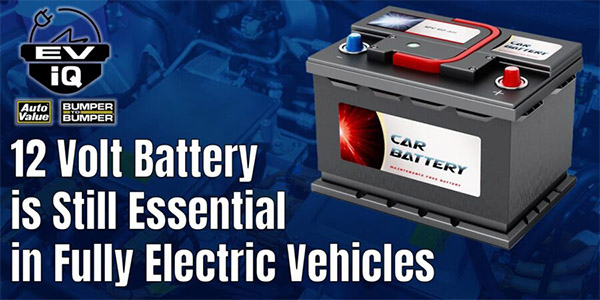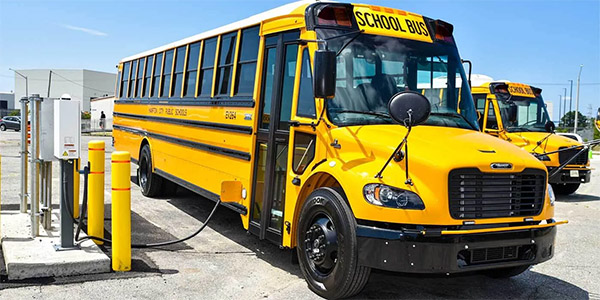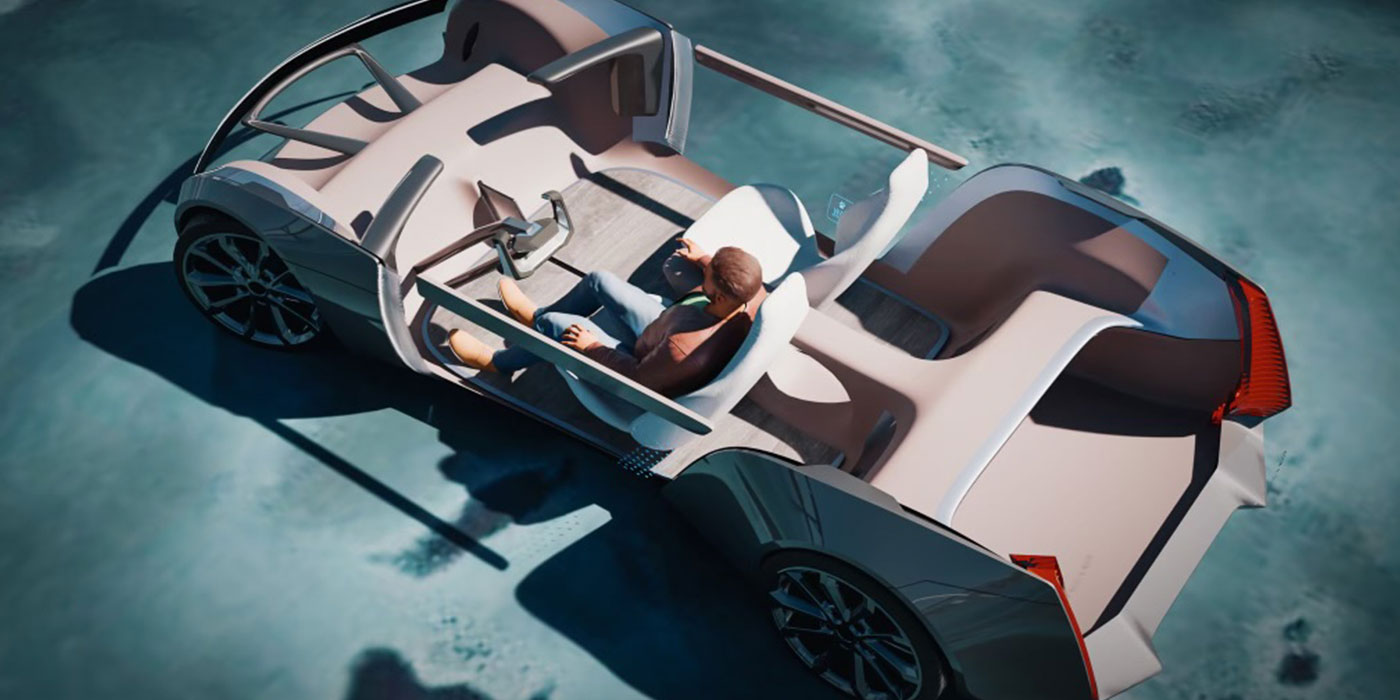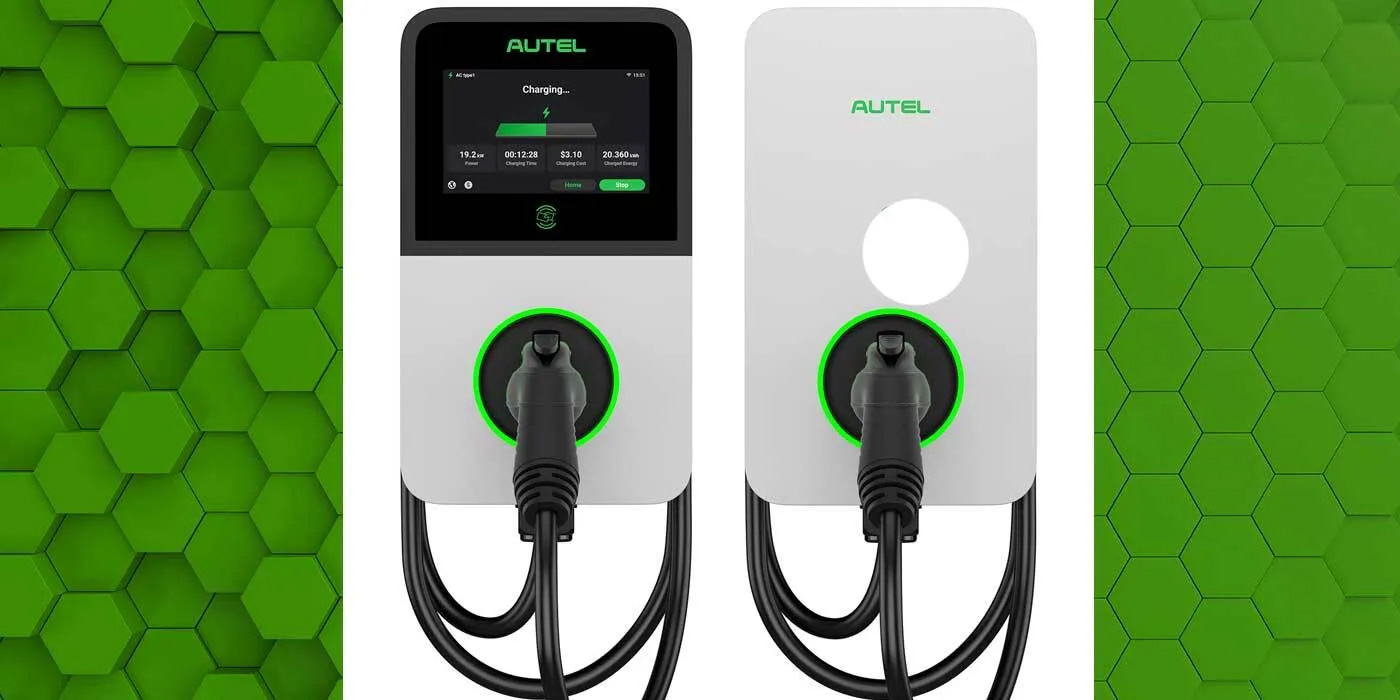Volvo Cars announced it will end production of all diesel-powered models by early 2024 during Climate Week NYC, as part of its ambition to become a climate-neutral company by 2040. This makes Volvo one of the first major automakers to commit to fully phasing out diesel, the company said.
The company indicated last year that it would stop developing new internal combustion engines. In November 2022, Volvo sold its remaining combustion engine assets through a joint venture called Aurobay. The company said it is now focused entirely on electric vehicle R&D and production.
To further emphasize its point on EVs, Volvo’s Chief Sustainability Officer Anders Kärrberg attended an event organized by the Accelerating to Zero (A2Z) Coalition at this year’s Climate Week NYC. Launched at the COP27 climate summit, the A2Z Coalition provides a multi-stakeholder platform for signatories of the Glasgow Declaration on Zero Emission Vehicles, of which we are one.
In 2019, most Volvo cars sold in Europe had diesel engines, as was common across the industry. Since then, the trend has inverted due to changing market demand, tighter emissions regulations and Volvo’s focus on electrification. Now, over half of Volvo’s European sales are electrified models, the company said.
Less diesel cars on the streets also have a positive effect on urban air quality, Volvo said; while diesels emit less CO2 than petrol engines, they emit more gases such as nitrogen oxide (NOx) that have an adverse effect on air quality especially in built-up areas.

